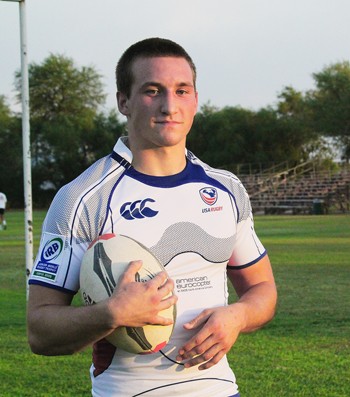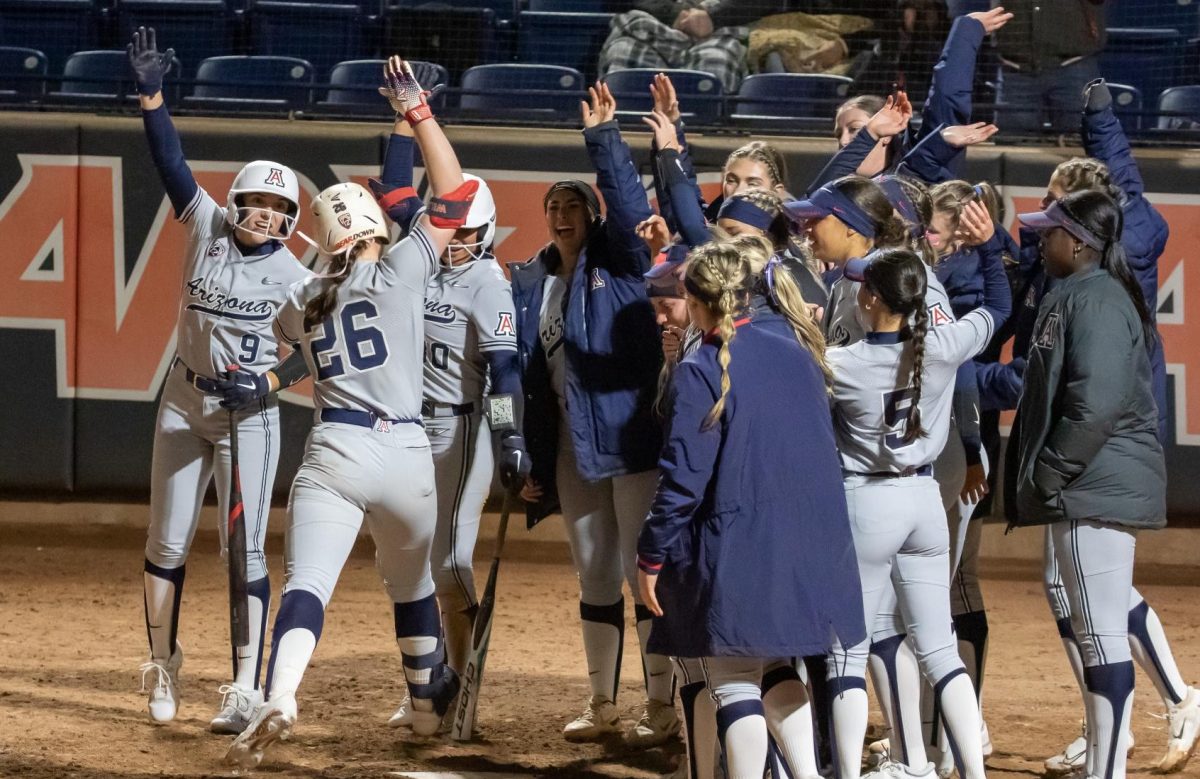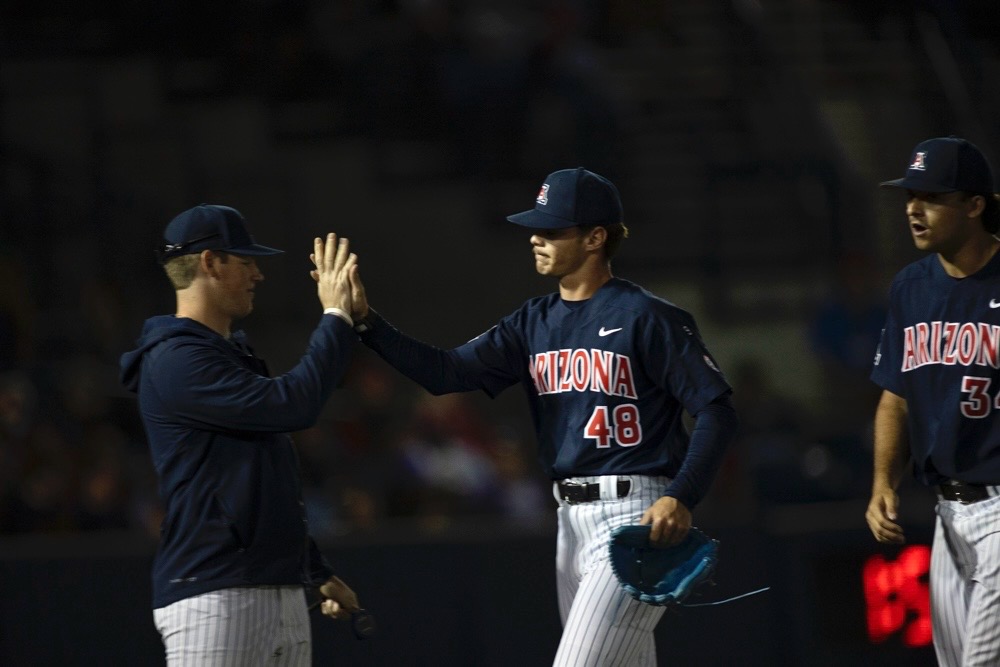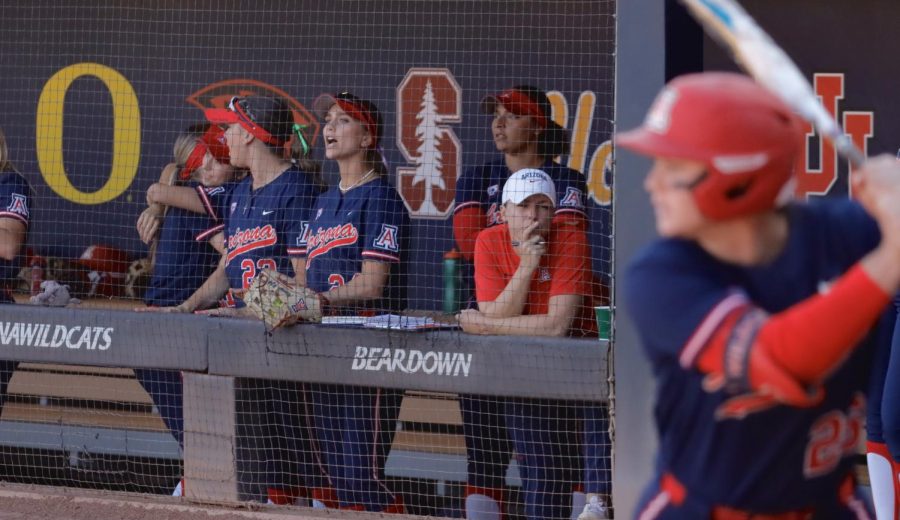When surrounded by AK-47 machine guns, dead zebras and eastern Africa’s largest slum, Arizona rugby center Peter Tiberio realized that what he had always taken for granted could no longer be ignored.
A 24-day trip to the heart of Kenya could not make this truth any more evident.
“”You don’t understand how bad other people have it on a daily basis,”” Tiberio said. “”Your worst day here in the states would be a dream come true for the people over there.””
From April 15 through May 5, Tiberio was part of the United States Junior World Rugby Trophy team that participated in this year’s tournament in Nairobi, Kenya. His team took second in the tournament behind Romania, but the deeper story lies in the impact the visit would leave in the hearts of Tiberio and his teammates.
“”I had never been out of the country before so this was completely different than anything I had ever experienced,”” Tiberio said. “”When we first got there, we found out we would have our own private security guards that would follow behind us in a truck, who all had AK-47s. So right when I saw that, I thought this might be a little different than home.””
Security was an issue in Kenya, U.S. head coach Salty Thompson said.
Because the rich-poor gap was so large and there was always overspill from the ongoing war, electric fences and armed guards were the norm in Nairobi, no matter where the team traveled.
Unlike many of the local inhabitants, Tiberio’s team was provided with food and rooms in one of the city’s few hotels for the duration of the tournament. These luxuries, however, could not cloak the culture shock outside the hotel’s walls.
“”I think when you go into east Africa and you’re face to face with poverty and the huge population of Nairobi, many things hit you,”” Thompson said. “”The amount of people, for instance, that walk to work is amazing. They just don’t have transportation.””
The participating rugby teams were only given the privileges of caravan travel because of aid from their respective embassies.
“”We were told not to go out at night, and actually, some guys did and ended up getting threatened a few times,”” Tiberio said. “”Local guys walking on the street told them if they didn’t get a car back (to the hotel) they’d kill them, and so they got a car back.””
Besides the lack of transportation and safety concerns in the Nairobi expedition, Tiberio and his teammates learned to appreciate everything from money right down to sheer hydration.
“”(The city) was working on a huge sewage project on the side of the road and they had hundreds of men digging holes with no shoes on for only $6, working sun up to sun down,”” Tiberio said. “”They’d grind all day for $6, and that’s a good wage over there.””
The U.S. team spent time giving back to the inhabitants of Kenya’s largest slum through coaching in what the tournament called “”Legacy Days.””
“”We were coaching pretty much barefoot kids, undersized and malnourished to an extent,”” Thompson said. “”One day we had been running practice for an hour and a half when I suggested that we stop for a water break, and they didn’t even have any around. We gave them some of the team’s and they happily drank it. Those kids aren’t used to much and they don’t expect too much either.””
Tiberio said that seeing the smiles on the kids’ faces made for “”quite possibly the coolest experience of (his) life.””
“”My wife actually got talking to another coach at the Legacy Days, and she asked why all the kids had such big smiles,”” Thompson said, “”and the coach said back to her, ‘The kids have food in their bellies so it is a good day.’
“”You definitely learn to appreciate and respect what you have over here after you see how people on the other side of the world live,”” Tiberio said.
“”People need to understand not everyone has these luxuries.””









